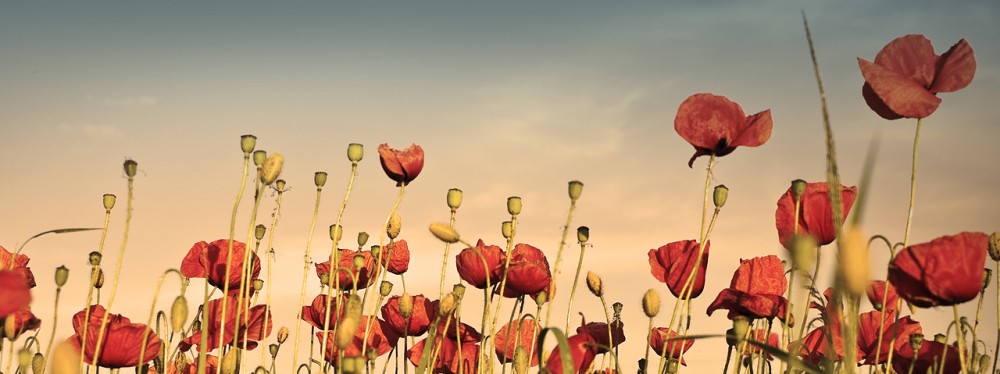Amongst the usual business of the Battersea Council meeting on 28 April 1915 were two uses of the Grand Hall for recruiting meetings – one for the Voluntary Training Corps (see here for more on them) and the other for the London Irish Rifles. Most meetings involved approving the decisions of the Finance Committee to grant use of the Grand Hall, either free or for a reduced fee, and recruitment meetings were regular – there had been one in Earlsfield earlier in the month. The lets of the Grand Hall were not usually for such similar events so close together, the VTC meeting had been on 21st April and the London Irish Rifles on the 25th, and the minutes don’t record how successful either of them were.
The Council also had a report from their Law and General Purposes Committee on the outcome of several cases where they were prosecuting people in the borough. The majority of these related to the sale of food which had been adulterated in some way, including butter which was “70% foreign fat” and milk that was “8.5% extraneous water”. The shopkeepers responsible were fined accordingly. There was one slightly more unusual prosecution under the Criminal Law Amendment Act, that of Mary Susan Davison as the occupier/person in charge of 5 Usk Road, for knowingly permitting it to be used for habitual prostitution and for acting in management of a brothel. The South Western Star refers to the case as “Usk Road disorderly house” and gives details of the prosecution, which actually took place a couple of weeks earlier. Mrs Davison appears to have recently moved to Lavender Road, and when she was arrested said that “We’ve only been here a few days and the other women don’t come here” – a man who was present when the police arrived ran away. According to the police who had been watching the Usk Road property there had been a number of male visitors to the house accompanied by one or other of Mrs Davison’s lodgers, women described by the police as “of bad character” – two of whom were known to the police from a previous incident. Mrs Davison claimed to have thrown one of the women out when she was told that she was bringing men to the house, and denied all knowledge of the other two. The magistrate said that it was a “perfectly clear case” and sentenced Mrs Davison to six weeks hard labour, a sentence probably extended because she had a prior conviction for a similar offence.
Finding more information about Mary Susan Davison is actually quite difficult. She obviously moved from one short-term let to another, so does not appear in the electoral registers for either Usk Road or Lavender Road (the last electoral register produced during the First World War was collated in October 1914) and the account of the court case suggests she was in Tooting before that – she doesn’t show up in a search of the electoral registers on Ancestry. There is no obvious match to her in the borough in the 1911 census, and although she claimed to be a widow of ten years standing there is no Samuel Davison (the name she gave for her husband, claming he’d been dead for ten years) who died around 1905 in London on the General Register Office index of deaths. She doesn’t appear under this name either, so perhaps it was a false one or she changed it later. There is something of a mystery about it, but the case shows that borough councils didn’t just have to deal with war-time issues, they carried on having what was considered some level of responsibility for local society.
Battersea Borough Council minutes: MBB/1/15
South Western Star available on microfilm
Ancestry Library edition available in all Wandsworth libraries
